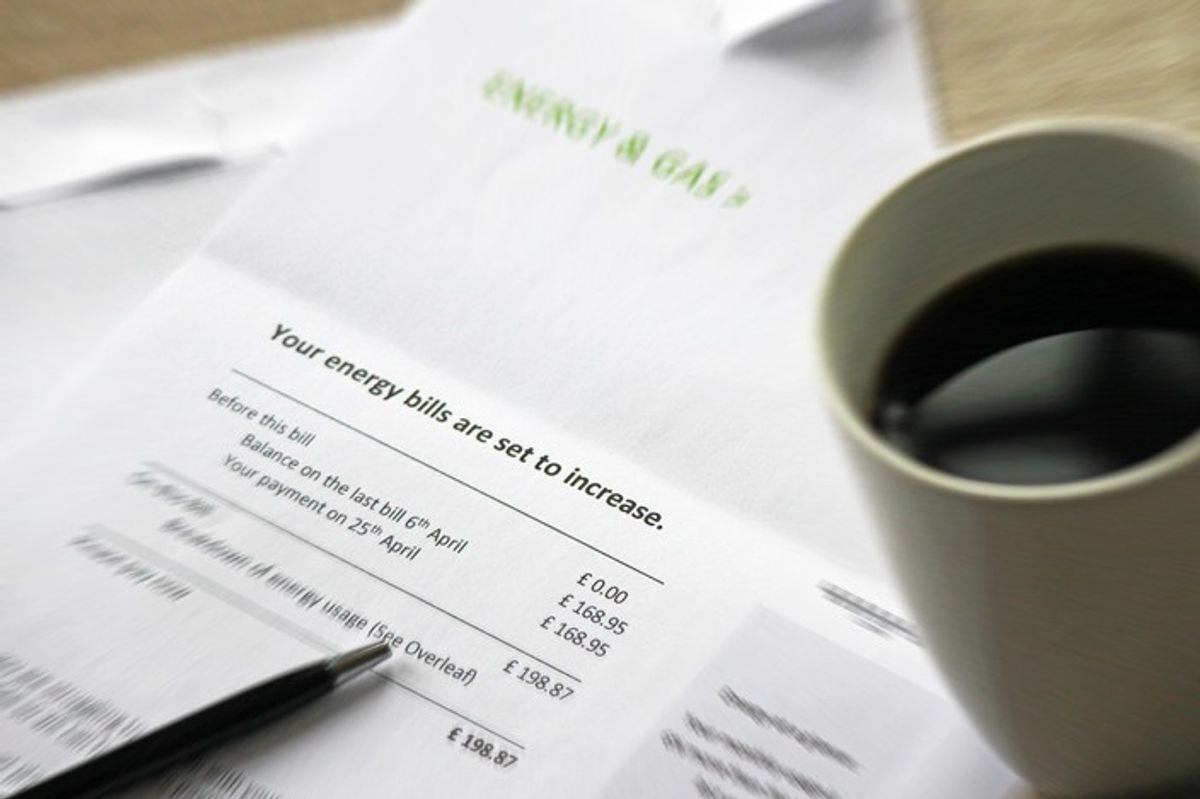An increasing number of families cannot afford to keep fresh ingredients as they are forced to turn off their fridge or freezer to save money amid rising energy bills.
According to the Joseph Rowntree Foundation (JRF) charity, about 2 million UK households forced to turn off their fridge or freezer to save money as they continue to struggle while nearly half of those households said that since May they had to disconnect their fridge or freezer for the first time, a sign the cost of living crisis was still hurting low-income families.
Millions of families were still resorting to “desperate measures” to cope with rising bills and prices, it said, with four out of five households on universal credit also going without food, turning off the heating, and not replacing worn-out clothing.
The JRF’s latest cost of living crisis tracker survey found that in October a quarter (2.8m) of UK low-income households ran up debt to pay for food.
The findings comes as energy bills in Great Britain are expected to rise by 5 per cent from January after analysts predicted that the government’s price cap could increase to about £1,930 a year for a typical gas and electricity bill.
Households can expect a “tough winter ahead” after a jump in gas market prices that is likely to raise the cap on what suppliers can charge for energy by an average of £100 a year, The Guardian stated citing an analyst at the investment firm Investec who stated that the energy price cap that would be used to determine most household energy bills between January and March would climb to an average of £1,928, up from £1,834 now.
“Millions of families unplugging their fridges and freezers is the latest chapter in a long-running story of hardship. People risk becoming sick from eating spoiled food and going without healthy, fresh food. This risks lasting harm to the health of millions,” said Peter Matejic, chief analyst at the JRF.
“The picture isn’t getting better for low income families even as inflation starts to come down. Too many are taking out loans to pay for food, selling their belongings and using warm banks to try and get by.”
Low income groups most likely to be going without essentials are those dependent on universal credit; black, Asian and mixed ethnicity households; families with a disabled member and families with children, said the JRF.


